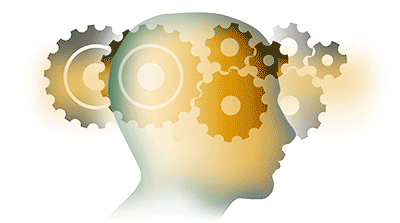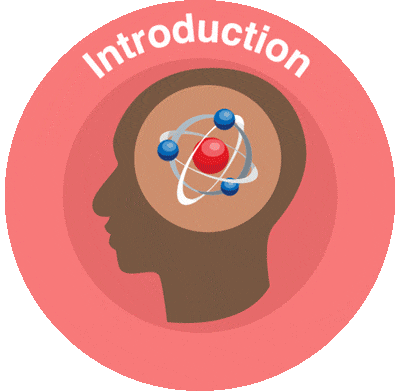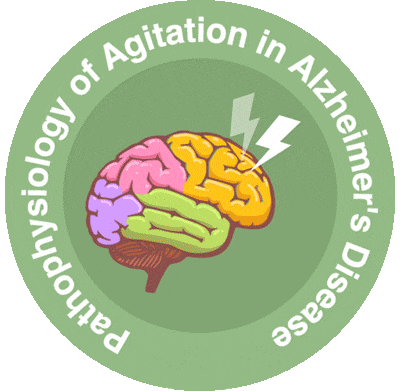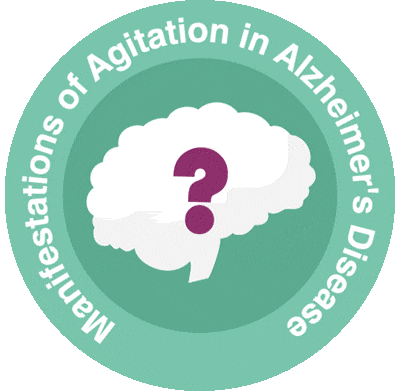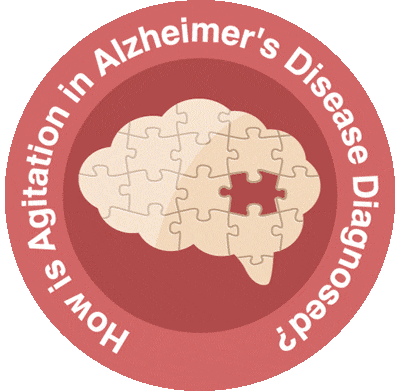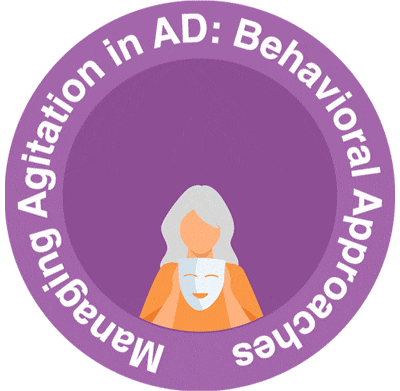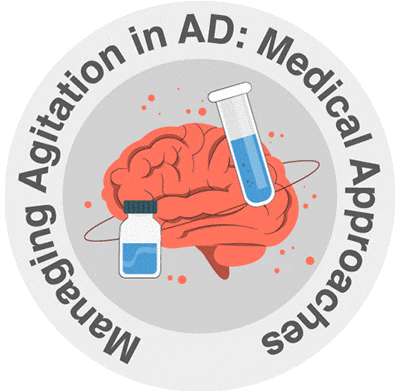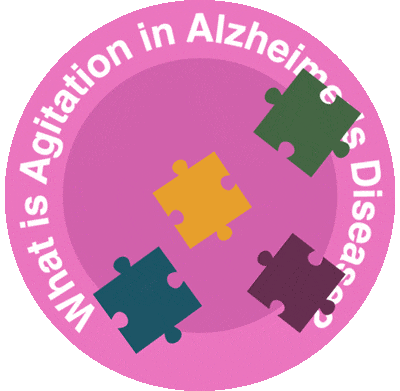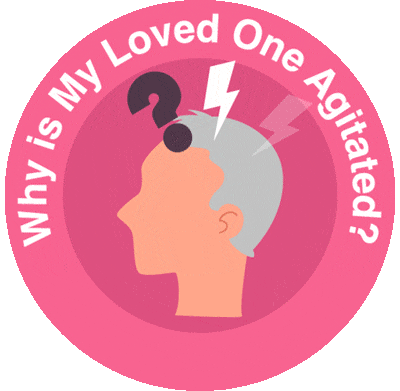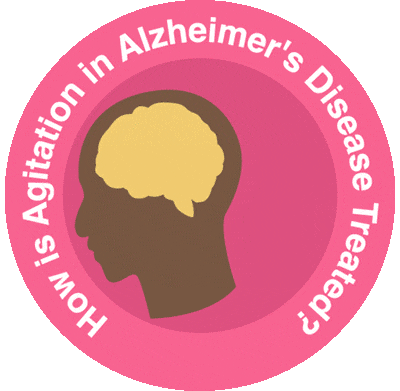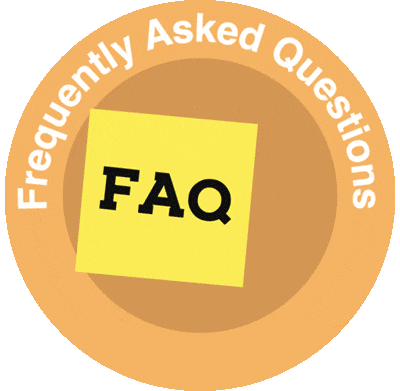Taking Patients and Caregivers to the Next Level in Agitation Associated With Dementia Due to Alzheimer's Disease
Alzheimer’s disease, or AD, is more than simply the loss of memory. It is a complex condition driven by numerous changes in the brain, including in chemicals called neurotransmitters that enable brain cells to communicate with each other.
Changes in the brains of people with AD affect these neurotransmitters, leading to disturbing changes in your loved one’s behavior. This is called agitation in Alzheimer’s disease, or AAD. Many caregivers find agitation to be one of the most challenging and distressing effects of the disease. It is quite common, affecting up to 80% of people with AD.
In this toolkit, you’ll learn about AAD, why it happens, and what non-medical and medical treatments are available.
 This activity is provided by Med Learning Group.
This activity is provided by Med Learning Group.
This activity is supported by an educational grant from Otsuka America Pharmaceutical, Inc. and Lundbeck.
Copyright © 2026 Med Learning Group. Built by Divigner. All Rights Reserved.
